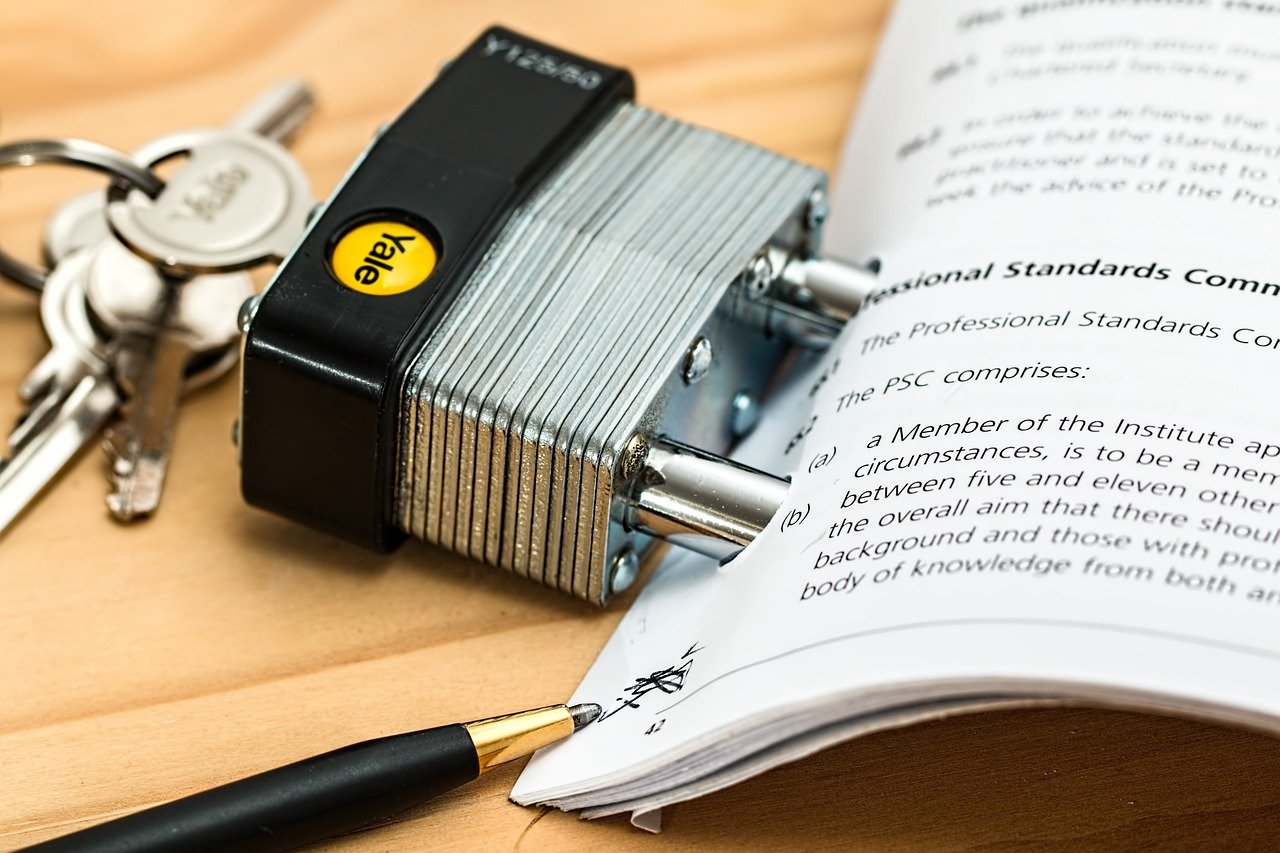Re-framing debate over the Gender Recognition Act as ‘pro’ or ‘anti’ transgender does a disservice to those with legitimate concerns.
The UK listening station GCHQ is going a bit deaf. In a spectacularly ill-judged move, the civil service giant opted to support a controversial message in a daily paper, apparently unaware of the political context. GCHQ was one of 105 other organisations (including two other government bodies) to add its logo to the ‘equality for trans people’ in an advertisement in Metro. The advert, which was paid for by leading LGBT charity Stonewall, read ‘To our trans family, colleagues, customers and friends’ and ended with the statement ‘we are proud to come out for trans equality.’ It seems the publicly-funded government bodies that lent their signatures to this are seemingly either unaware or unconcerned by the vicious culture war underpinning this tawdry virtue-signalling. How GCHQ, the British Transport Police and the Intellectual Property Office could have tuned out of this high-volume debate is an enigma.
We’re delighted to #ComeOutForTransEquality https://t.co/xT2Lvo3BjT
— GCHQ (@GCHQ) October 17, 2018
The timing here is crucial; at present the Government Equalities Office is consulting on proposals to amend the Gender Recognition Act. The aim is to ‘streamline’ and ‘de-medicalise’ the process of changing legal gender. Many women’s groups are concerned that this will put women and girls at risk from those who might seek to change legal gender for nefarious purposes, citing recent examples such as the placement of transgender rapist Karen White in a women’s prison. As part of a campaign against the proposals, last week the feminist group Fair Play for Women and Girls produced a half-page advertisement which was placed in the Metro.
Today’s Stonewall advert was a clear rebuttal to the one placed by Fair Play for Women and Girls. Since before the launch of the Gender Recognition Act, consultation grassroots groups such as We Need to Talk, Fair Play for Women and Woman’s Place UK have been pushing for an open discussion of the proposals. In response, women trying to meet have been physically assaulted, threatened, reported to employers and, in one case, subject to a bomb threat. One might almost call this domestic terrorism, and yet GCHQ have opted to publicly support trans’ rights lobbyists who have used these brutal intimidation tactics.
The big beasts of the corporate and charitable worlds are of course free to support whichever causes they choose. As an aside, it is interesting that they have chosen to wrap themselves in rainbow flags at a time when the LGBT movement is more fragmented than ever. It is impossible to know what the likes of IBM and Lloyds were told by Stonewall, presumably that supporting the statement would be a cheap corporate social responsibility win. Given that some on the list work with Saudi Arabia and many have staggering pay differentials between women and men, a bit of public relations gloss can’t hurt.
However, the public bodies who lent their support to this unequivocally political statement owe it to the public who pay their wages to stay out of politics. Indeed, the Civil Service Code clearly sets out their duty to act with integrity, honesty, objectivity and impartiality.
I’ve yet to meet one feminist who doesn’t agree in equal rights for all people, including those who identify as transgender. I can’t think of anyone who would object to the simple sentiment of the advert’s opening statement. The calculated re-framing of the debate as ‘pro’ or ‘anti’ transgender does a disservice to those who have legitimate concerns about the safety of women and girls. It is understandable that individuals might feel pressured into agreeing with nonsensical statements such as ‘transwomen are women,’ but it is deeply worrying when the state is bullied into toeing the politically correct line.
Update: GCHQ released the following comment–
We are not seeking to lobby government, and did not pay for our logo to appear on Stonewall’s poster; we are simply proud of our diverse workforce. We have worked with Stonewall for many years as part of our work to make the organisation as supportive and inclusive as possible for our LGBT+ colleagues.








Posted by brigittelechner
19 October, 2018 at 5:18 pm
The quote shows how brilliant a strategy is was to hang the T on the LGB. If one questions the merit of yoking the T to the sign of the emancipation from heteronormativity one is told: it's about equality,Ts are oppressed like LGBs. No point then asking why they don't add the W(omen) and BME. However, it was the Yogyakarta Principles who were the brilliant ones, not Stonewall. They are just parrots, in a manner of speaking.